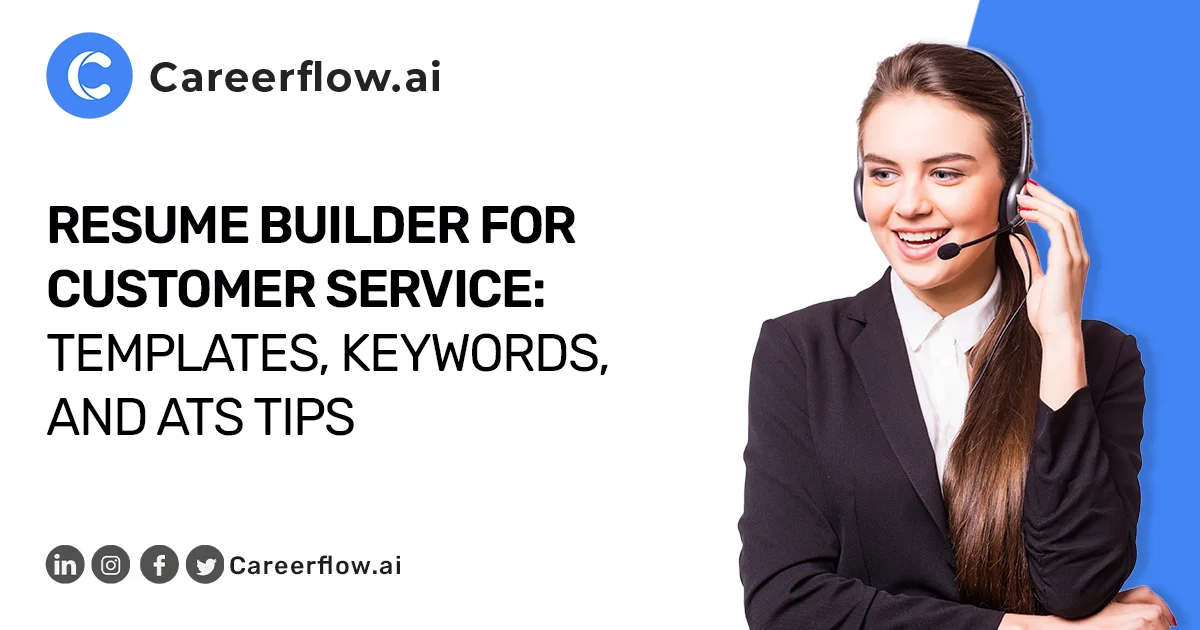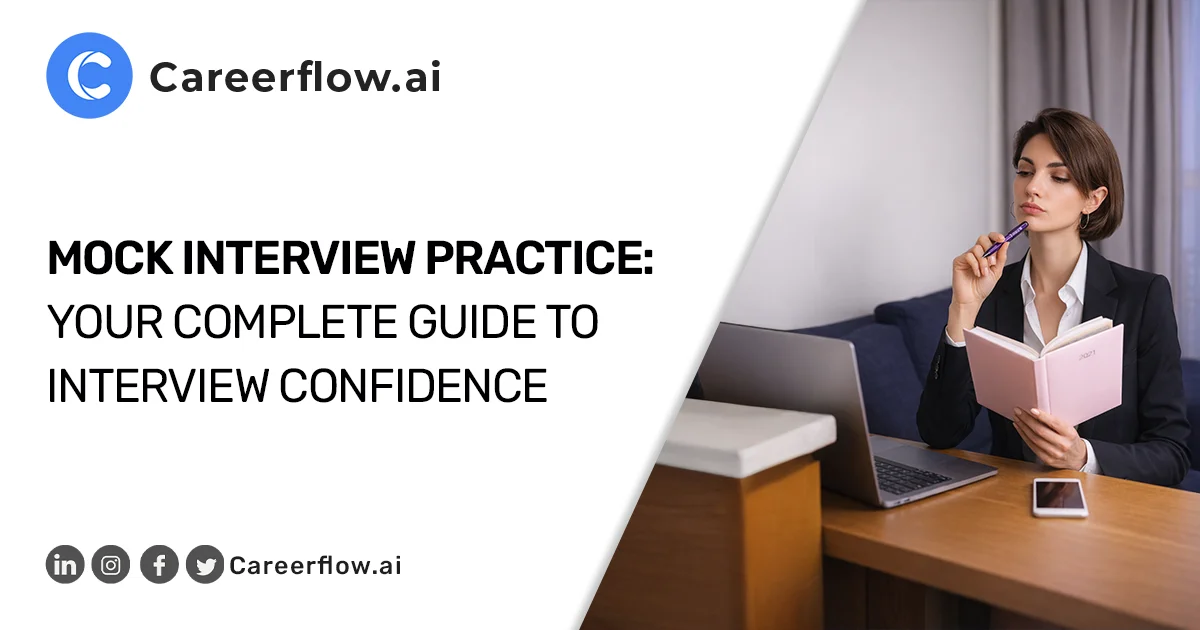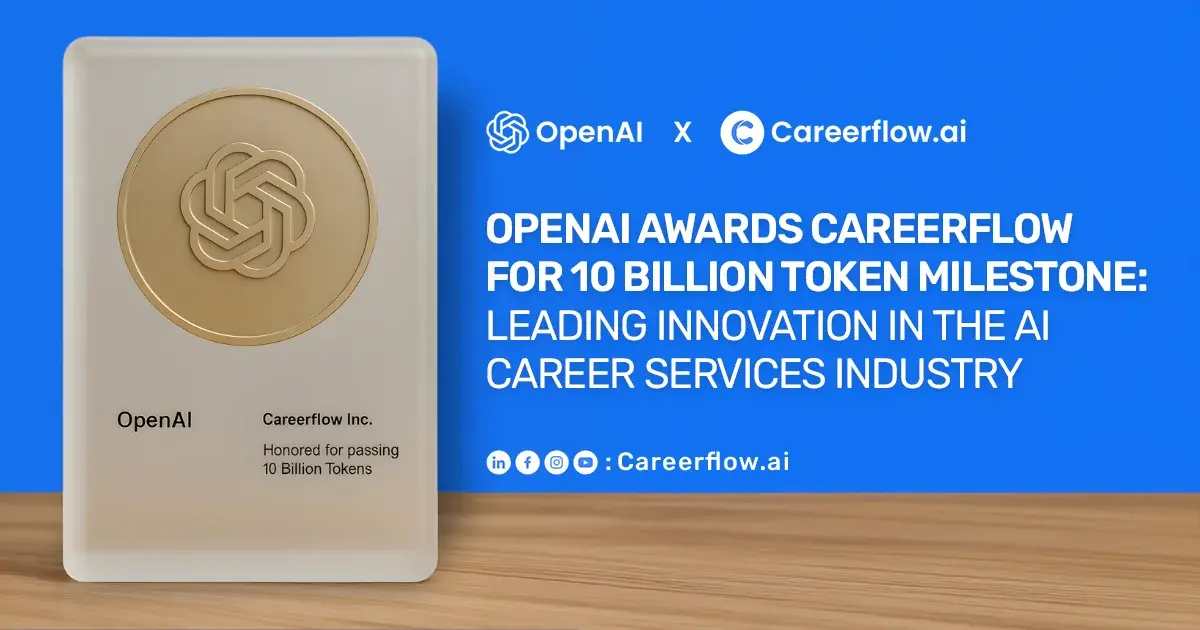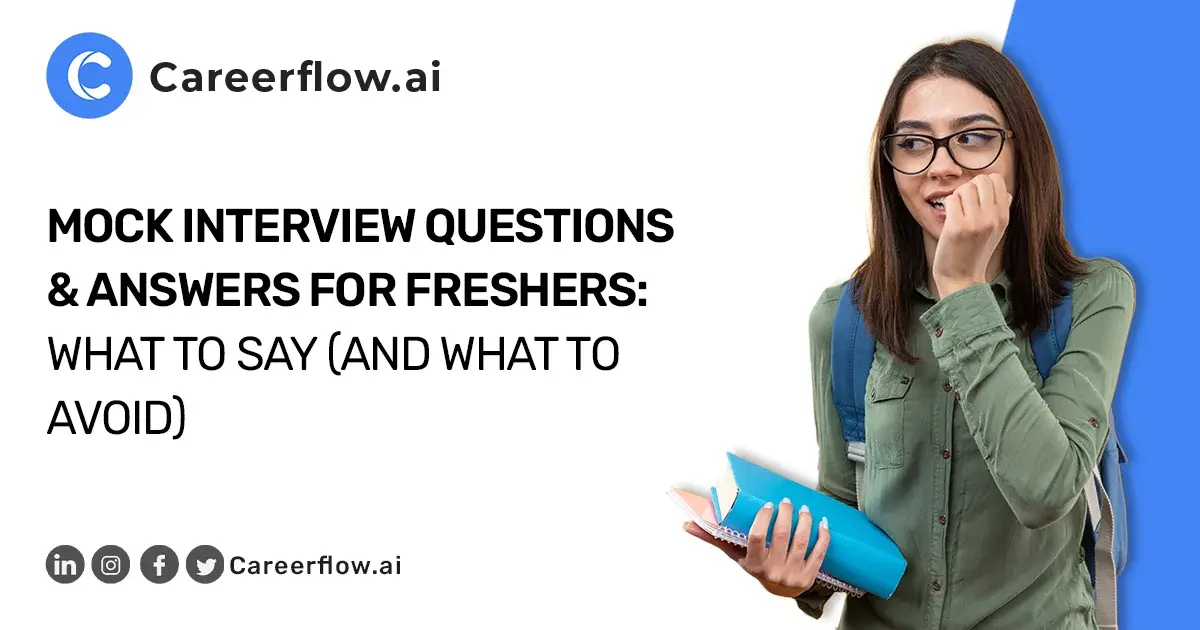Looking to land your first internship but worried your lack of formal experience will hold you back? Don't be. This guide is specifically designed for students and first-time job seekers like you. It's completely normal to feel a little overwhelmed when you're starting out, but the good news is that internships don’t expect you to have an extensive resume. Many companies are actively seeking fresh perspectives and a willingness to learn—qualities you possess abundantly!
Understand What Internships Are Really About
Internships are fundamentally structured learning opportunities. This means that employers do not expect you to have years of experience. It’s important to change your perspective on what internships really are. Disregard the notion that you need to be a seasoned professional from the start. In fact, many hiring managers prioritize qualities such as attitude, motivation, and a willingness to grow over specific technical skills. They often focus on personality and drive first, knowing that skills can be taught later.
Your soft skills can be your greatest asset. Clear communication, a strong sense of curiosity, dependability, and effective organization can make you stand out more than any job title on your resume. The main goal is to highlight your potential rather than aiming for perfection. Employers are looking for candidates who are eager to learn, contribute, and grow within their teams.
Leverage Your Education
Don't underestimate the power of your academic experience, even without a formal work history. Your education is a goldmine of demonstrable skills and knowledge. Instead of simply listing courses, actively highlight class projects, lab work, insightful case studies, or impactful presentations that directly showcase your relevant knowledge and ability to collaborate.
Consider the practical applications of your studies. Did you use any specific tools, software, or platforms in your coursework? For example, did you utilize Excel for data analysis, Google Analytics for web insights, MATLAB for simulations, or Figma for design? Be sure to mention these, as they highlight your technical skills. Additionally, if you participated in team projects or led group assignments, describe the tangible outcomes and your specific role in those projects. This will showcase your ability to collaborate and your leadership potential.
The key here is to go beyond a mere list of classes. Connect what you've learned to the real-world problems and challenges that the internship might involve. Show them how your academic endeavors have prepared you to contribute meaningfully.
Example: Connecting Academic Experience to Real-World Impact
Let's say you're applying for an internship in Marketing. Instead of just saying "Took Marketing 101," you could say:
- "In my 'Digital Marketing Strategies' course, I developed a comprehensive social media campaign for a hypothetical local business, analyzing target demographics and optimizing content for engagement, which directly relates to the social media management responsibilities outlined in this internship."
- "I utilized Google Analytics for a class project to track website traffic patterns and identify user behavior trends, a skill I'm eager to apply in analyzing campaign performance for your team."
- "As part of a group project, I collaborated with four classmates to conduct market research for a new product launch, presenting our findings and recommendations to the class. This experience honed my communication and teamwork skills, essential for a collaborative marketing environment."
Tap Into Extracurricular and Volunteer Experience
Don't underestimate the power of experiences outside of academics. Your extracurricular activities and volunteer work are important for demonstrating real-world skills.
- Think about any club leadership roles, tutoring, mentoring, or event organizing you've done. These show you can take responsibility and make things happen.
✅ Example: If you were President of your university's Marketing Club, you could say, "As President of the Marketing Club, I organized weekly meetings, coordinated guest speakers, and managed our social media presence, showcasing my leadership and organizational skills."
- Volunteering is especially valuable because it highlights your initiative and commitment to your community—qualities that truly impress employers.
✅ Example: "Volunteering at the local animal shelter taught me to manage multiple tasks under pressure and communicate effectively with the public, demonstrating my initiative and compassion."
- Focus on the practical skills you gained through these experiences. Did you improve your public speaking? Hone your collaboration abilities? Become a better problem-solver? Or perhaps dabble in digital design? Make sure to articulate these.
✅ Example: "Through my role as a peer tutor, I regularly practiced public speaking and simplified complex concepts, improving my communication skills."
✅ Example: "Collaborating on a fundraising event for a charity required me to coordinate with various teams and troubleshoot unexpected issues, strengthening my problem-solving and collaboration."
- Even seemingly informal tasks can be relevant. If you've helped your family with bookkeeping, managing social media for a local group, or setting up tech for an event, frame these with context and purpose. Show how these experiences gave you valuable skills that translate to a professional setting.
✅ Example: "I managed the social media accounts for my family's small business, developing content and analyzing engagement, which gave me hands-on experience in digital marketing."
✅ Example: "Helping my neighborhood association set up their virtual meeting software taught me valuable tech troubleshooting skills and how to support users with varying technical abilities."
Work on Personal or Passion Projects
Don't wait for formal experience—create your own! Personal or passion projects are incredibly powerful ways to showcase your drive and abilities. Think about building something from scratch, whether it's a blog centered on a topic you're passionate about, a personal website demonstrating your skills, a curated newsletter, or even a social media campaign for a cause you believe in.
If design is your calling, create personal branding materials like unique logos, a captivating portfolio, or even mock advertisements. For those in technical fields, developing a simple tool, a basic app, or an automation script can speak volumes. Even fundamental projects like these clearly demonstrate your self-starting behavior and eagerness to apply your knowledge. These projects truly help you stand out because they reveal genuine interest, strong initiative, and a proactive willingness to experiment and learn independently.
Build a Resume That Reflects Your Potential
Your resume is your first impression, and even without formal experience, it can powerfully convey your capabilities. Opt for a student- or entry-level template designed to highlight your skills, education, and relevant projects rather than focusing solely on past job titles.
Crucially, include all types of experience, not just paid work. This means incorporating volunteering, leadership roles, and any part-time jobs you've held. For each entry, use strong bullet points that focus on outcomes and impact, not just duties. Whenever possible, quantify your contributions.
For example, instead of saying "Helped the club," say, "Grew club membership by 25% in one semester" or "Reduced event planning time by 15% through improved coordination."
To streamline this process and ensure a polished, professional result, consider utilizing Careerflow's Resume Builder. It can help you create an impactful resume quickly and efficiently.
Write a Strong, Honest Cover Letter
Your cover letter represents your voice before the interview. Be honest about your current level of experience, but always portray it positively: as an exciting opportunity for growth and immediate contribution. Crucially, convey genuine enthusiasm for the company or team. Articulate what specifically draws you to their work, their mission, or their impact.
To make your letter impactful, weave in one or two specific, compelling examples from your academic projects, club leadership, or volunteer work. These examples should vividly illustrate your commitment, relevant soft skills like problem-solving or teamwork, and your drive to learn.
To ensure your letter is professional, personalized, and attention-grabbing, the AI Cover Letter Generator can be an invaluable tool to help you quickly draft a powerful message.

Use Your Network (Even If It's Small)
Even if you feel your network is small, you likely have more connections than you realize. Start with the people you already know: your professors, teaching assistants, academic advisors, fellow classmates, or recent alumni. These individuals can offer invaluable advice, connections, or even direct leads.
Actively attend university job fairs, departmental events, or virtual information sessions. These are prime opportunities to expand your reach and meet potential mentors or recruiters. Use platforms like LinkedIn to find and connect with employees at companies that interest you. Pay special attention to those who started their careers as interns themselves—they often have valuable insights and are more open to helping.
Remember, the goal initially is to focus on learning from others. Ask for tips, insights into their career paths, or their internship experiences, rather than immediately asking for a job. Building genuine relationships will naturally open doors.
Apply Broadly and Strategically
When it comes to your internship search, cast a wide net, but do so with purpose.
- Expand Your Search: Don't just target big companies. Small businesses, non-profits, and startups often give you more hands-on experience and direct mentorship. They can even offer unique advantages for your long-term career goals.
- Tailor Your Application: Always read internship descriptions carefully. Then, customize your resume and cover letter by using keywords directly from the listing to show you're a perfect fit.
- Value All Experiences: Remember, even unpaid or part-time internships can lead to excellent connections, skill development, and future full-time opportunities.
- Be Persistent: Apply consistently and follow up when appropriate. Understand that finding the right fit might take a few tries, so keep going!
Ace Your Internship Interviews
Interviews are your chance to shine, so prepare thoroughly.
- Connect Your Experience: Practice discussing your education, extracurriculars, and personal projects, always linking them back to the specific internship role.
- Master the STAR Method: For behavioral questions, use the STAR method (Situation, Task, Action, Result) to give clear, confident, and concise answers.
- Ask Insightful Questions: Prepare thoughtful questions to ask the interviewer about their team, expectations for the intern, and the internship's goals. This shows your genuine interest.
- Practice Makes Perfect: Reduce nerves and get valuable feedback by using AI-powered mock interview tools or rehearsing with a friend.
To Know More👉 : How to Use the STAR Method on Your Resume (With Real Examples)
Use AI Tools to Simplify the Process
Navigating the internship application process can feel like a lot, but AI tools can significantly simplify your efforts.
- Careerflow's Resume Builder is your secret weapon for quickly creating a polished, professional resume. It helps you format and perfect your document with minimal fuss.
- For your cover letters, the AI Cover Letter Generator can craft a customized first draft, saving you time. You can then easily fine-tune it to perfectly match your voice and the specific role.
- To keep track of all your applications and follow-ups, the Careerflow Job Tracker is an invaluable tool that helps you stay organized and on top of your game.
- Beyond these, AI can also assist in other ways, like extracting key terms from job descriptions, rewriting your experience bullet points for maximum impact, and even helping you avoid repetition across different applications.
Stay Motivated and Keep Learning!
The internship journey can sometimes feel like a rollercoaster, but staying motivated and continuously learning are your secret weapons. If you don't hear back, or face a "no," remember that it's a common part of the process. Instead of seeing it as a setback, treat rejection as feedback and use it to focus on improving with each new attempt.
Keep honing your skills by taking online courses or diving into exciting challenges that can expand your knowledge and fill any gaps in your experience. Build unstoppable momentum by staying connected with your peers, mentors, and career counselors. Their encouragement and advice will be invaluable as you navigate this path.
Always remember, internships are powerful stepping stones —your ultimate goal is to grow, gain real-world exposure, and learn something new from every single opportunity. You've got this🌟!
Ready to put these tips into action and land your dream internship?
Explore our job search tools today🌟! They can help you craft a standout resume, write a compelling cover letter, and track your applications with ease.


.webp)

.webp)




